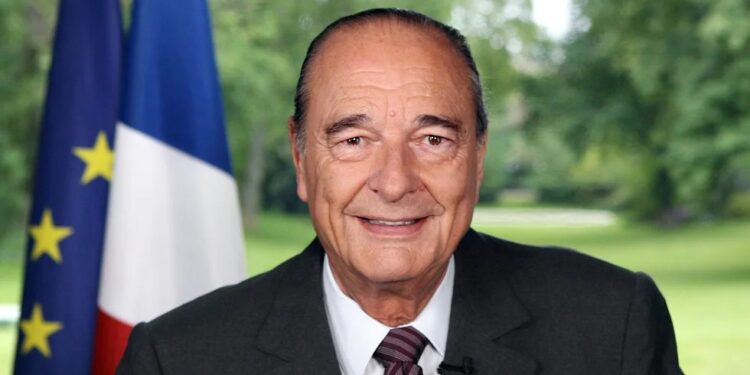The 2002 French presidential election remains one of the most shocking political moments in modern French history. The first round of voting on April 21 produced results that stunned France and reverberated throughout Europe.
Incumbent President Jacques Chirac of the centre-right Rally for the Republic (RPR) party finished first with 19.9% of the vote. However, the true shock came when far-right National Front leader Jean-Marie Le Pen secured second place with 16.9%, narrowly edging out Socialist Prime Minister Lionel Jospin, who received 16.2%.
This unexpected outcome eliminated Jospin, the presumed frontrunner, from the second-round runoff. Jospin immediately announced his retirement from politics, and his Socialist Party was left reeling from the defeat.
The first-round results sparked massive demonstrations across France. An estimated 1.5 million people took to the streets, united under the slogan “Vote for the crook, not the fascist” – reflecting the widespread sentiment that, despite Chirac’s unpopularity and corruption allegations, he was vastly preferable to Le Pen’s extreme right-wing platform.
French voters from across the political spectrum formed an unprecedented coalition against Le Pen. Political parties from communists to conservatives urged their supporters to vote for Chirac to block the National Front. This “republican front” strategy succeeded dramatically in the May 5 runoff, with Chirac winning by the largest margin in French presidential history – 82.2% to Le Pen’s 17.8%.
Several factors contributed to this political earthquake. The fragmentation of the left vote among multiple candidates diluted Jospin’s support. Voter complacency, with many assuming Jospin would easily advance, led to low turnout among traditional left voters. Rising concerns about crime and immigration had bolstered Le Pen’s appeal to a segment of the electorate.
The 2002 election fundamentally altered French politics. It highlighted the potential strength of the far-right and ended the political career of Jospin. It forced mainstream parties to reconsider their strategies regarding immigration and national identity.
This election also established a pattern that would repeat in subsequent French politics – the formation of “republican fronts” whenever the National Front (later renamed National Rally) reached the second round of major elections. The 2002 election stands as a watershed moment that revealed deep divisions in French society and presaged the rise of populist movements across Europe.
newshub news



Recent Comments